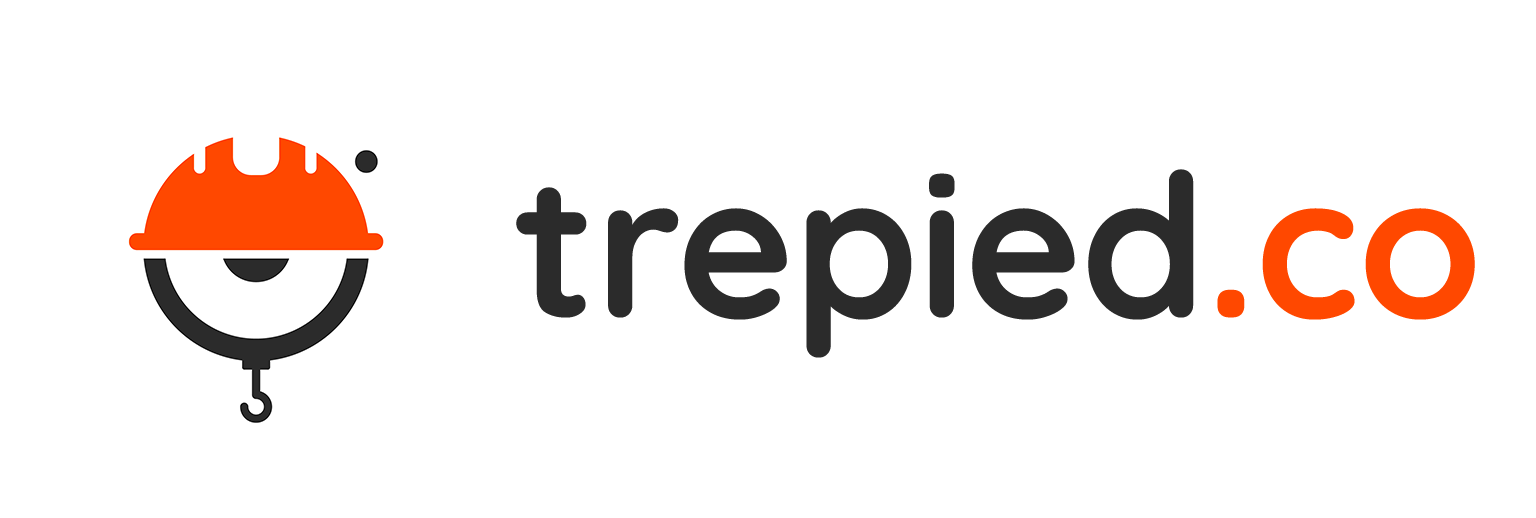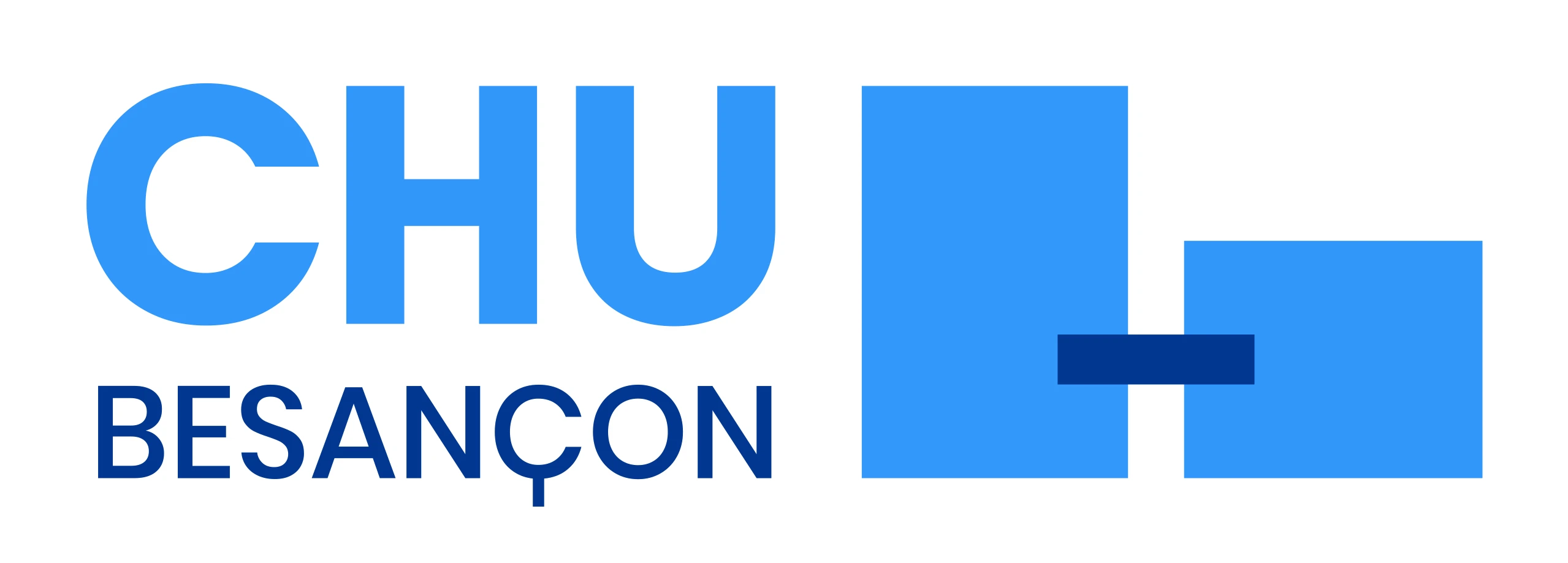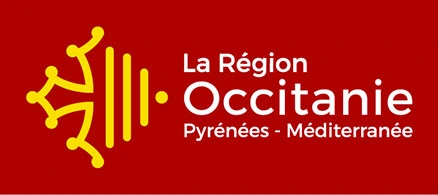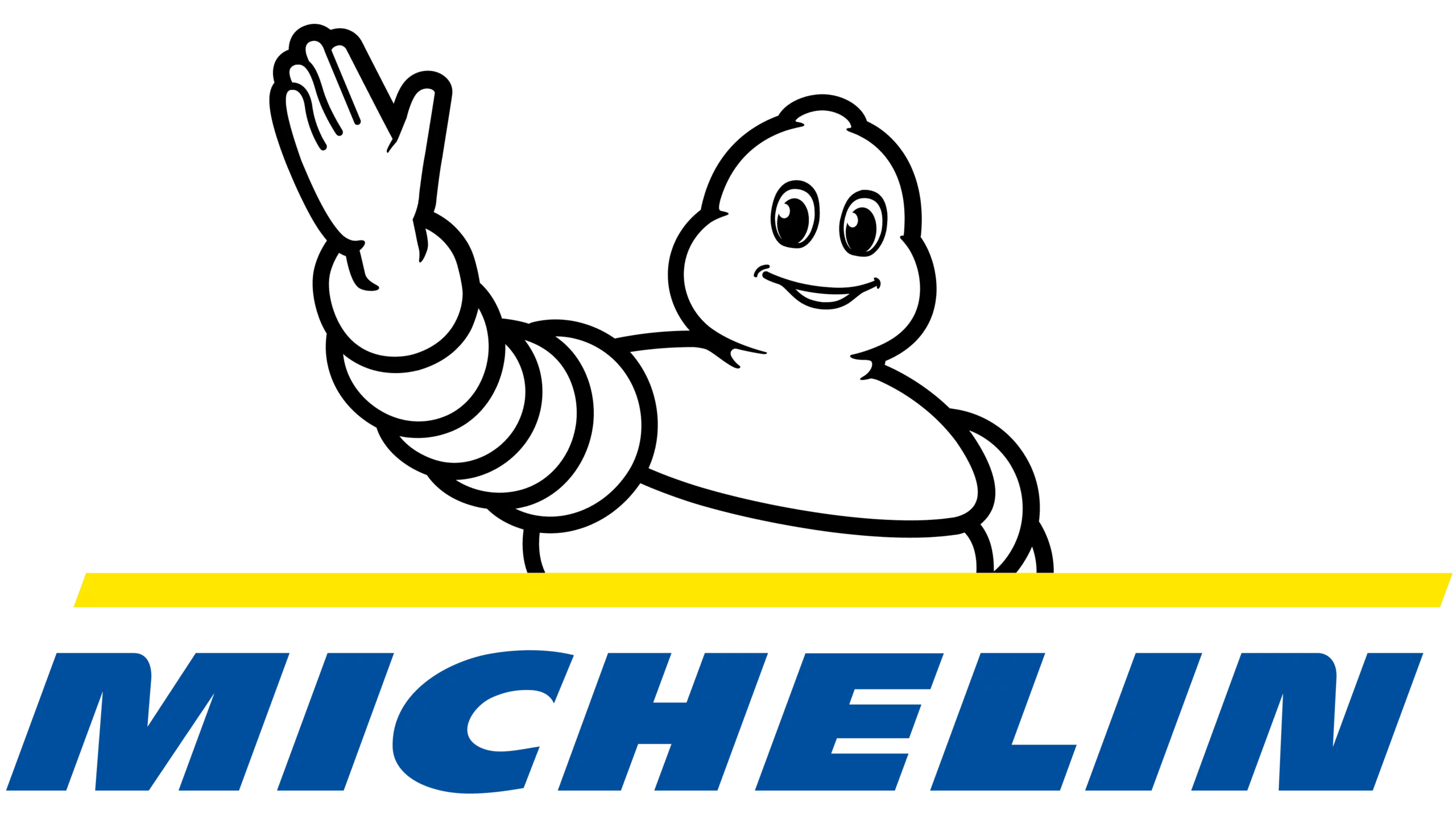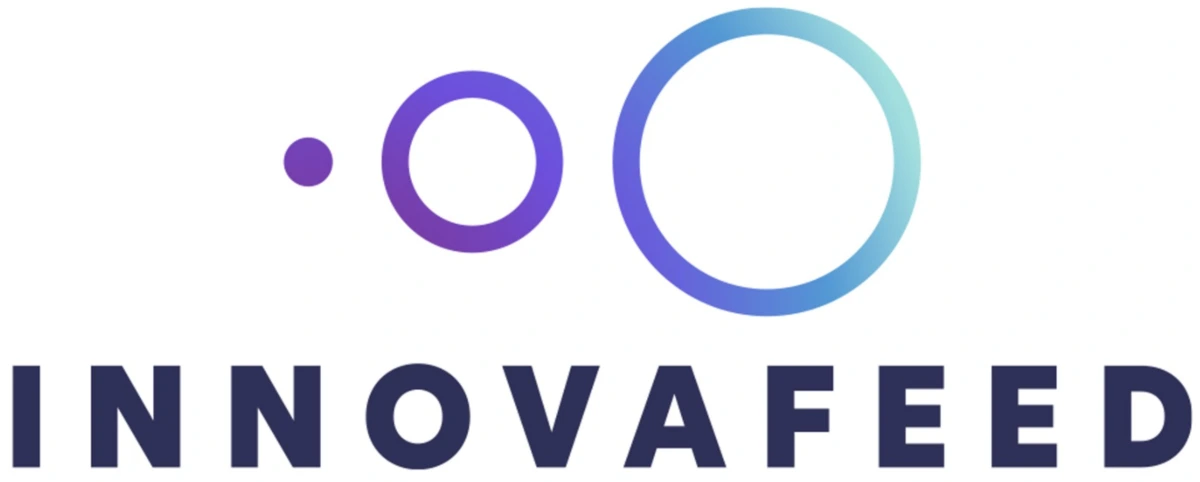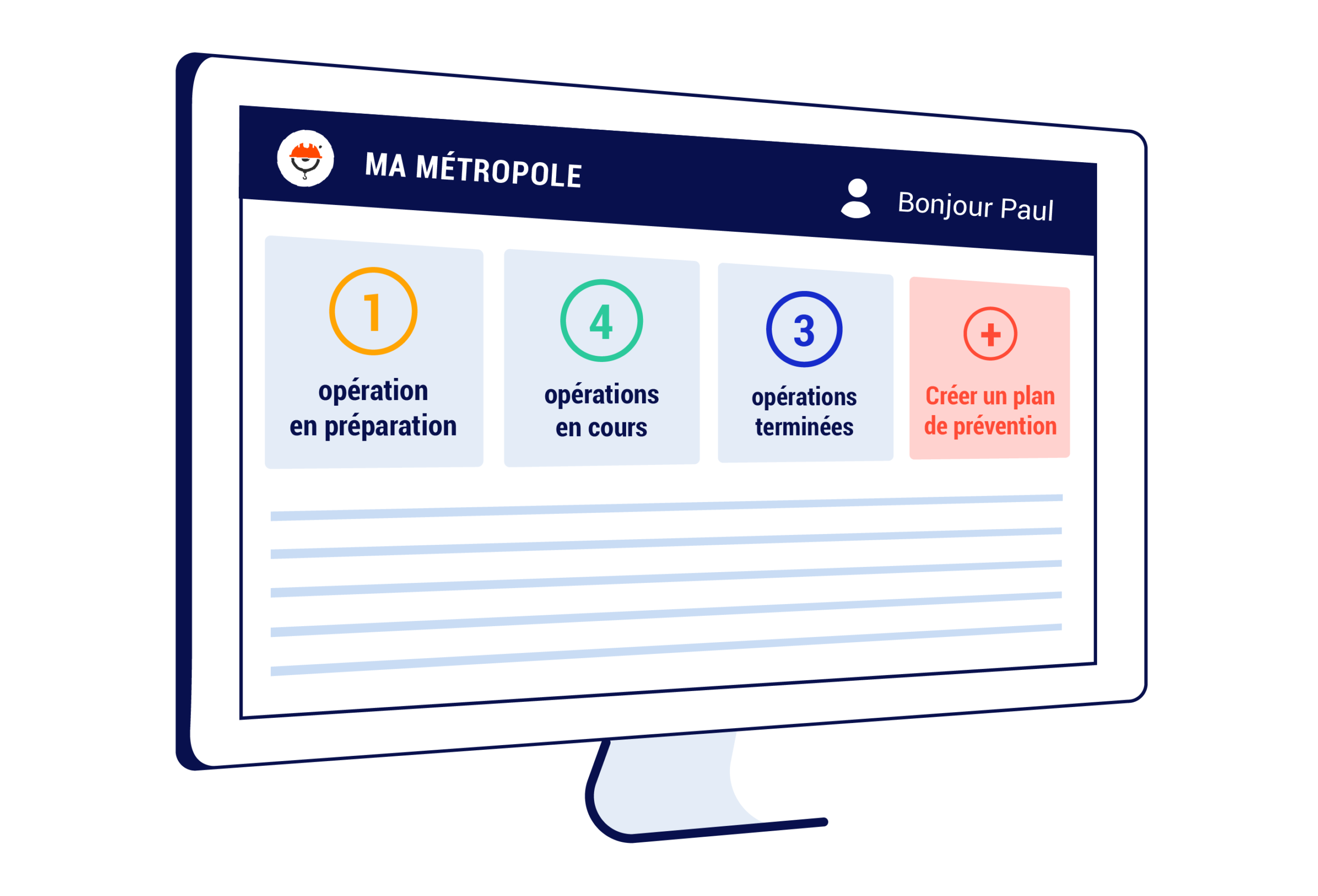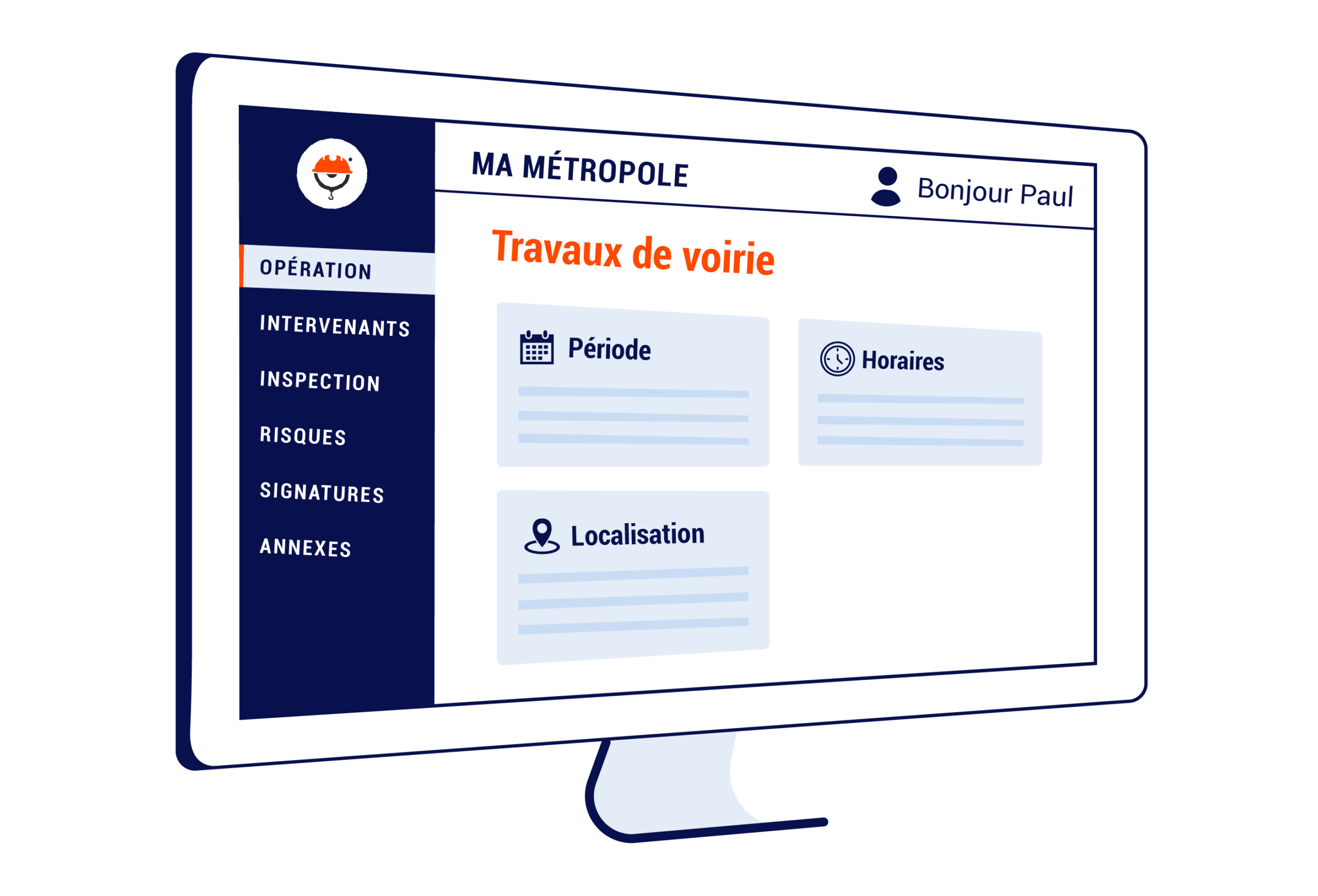Notre logiciel de plan de prévention en entreprise
Fini la prévention papier et les fichiers Excel. Évitez les accidents et condamnations pénales, dématérialisez la gestion de vos plans de prévention. Découvrez le logiciel plan de prévention des risques.




Nous vous accompagnons
Ils nous font confiance !
Vos plans de prévention numériques, conformes, opérationnels
Réconciliez vos collaborateurs opérationnels avec la culture prévention !
Faites la transition en 2h chrono
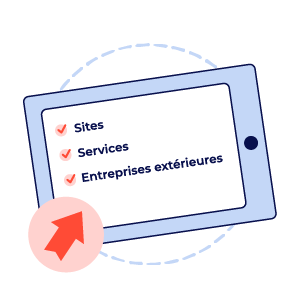
Importez vos données dans votre espace !
Pour gagner du temps à la rédaction de chacun de vos documents
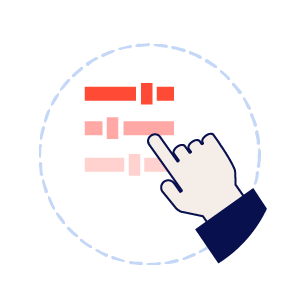
Personnalisez votre cadre d'analyse des risques
Intégrez vos modes opératoires, matériels, risques et mesures de prévention...
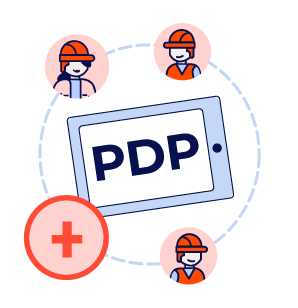
Créez votre premier plan de prévention !
Invitez vos collègues à rejoindre le logiciel, chacun dans son rôle.
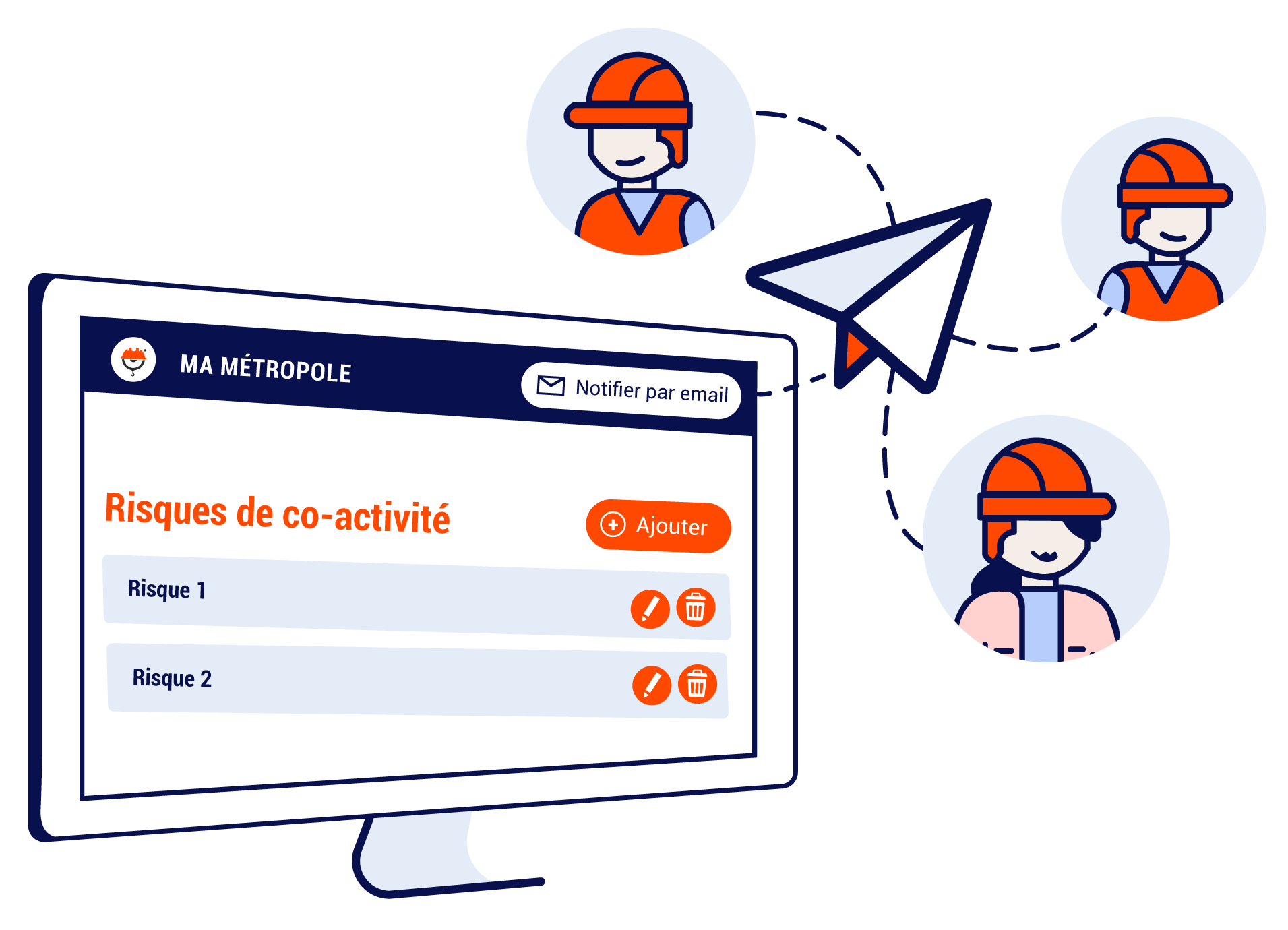
Une solution plébiscitée par nos utilisateurs
Le logiciel de plan de prévention
en action !
Vous souhaitez essayer notre logiciel ? Contactez-nous, nous vous proposerons une démo de plan de prévention gratuitement !
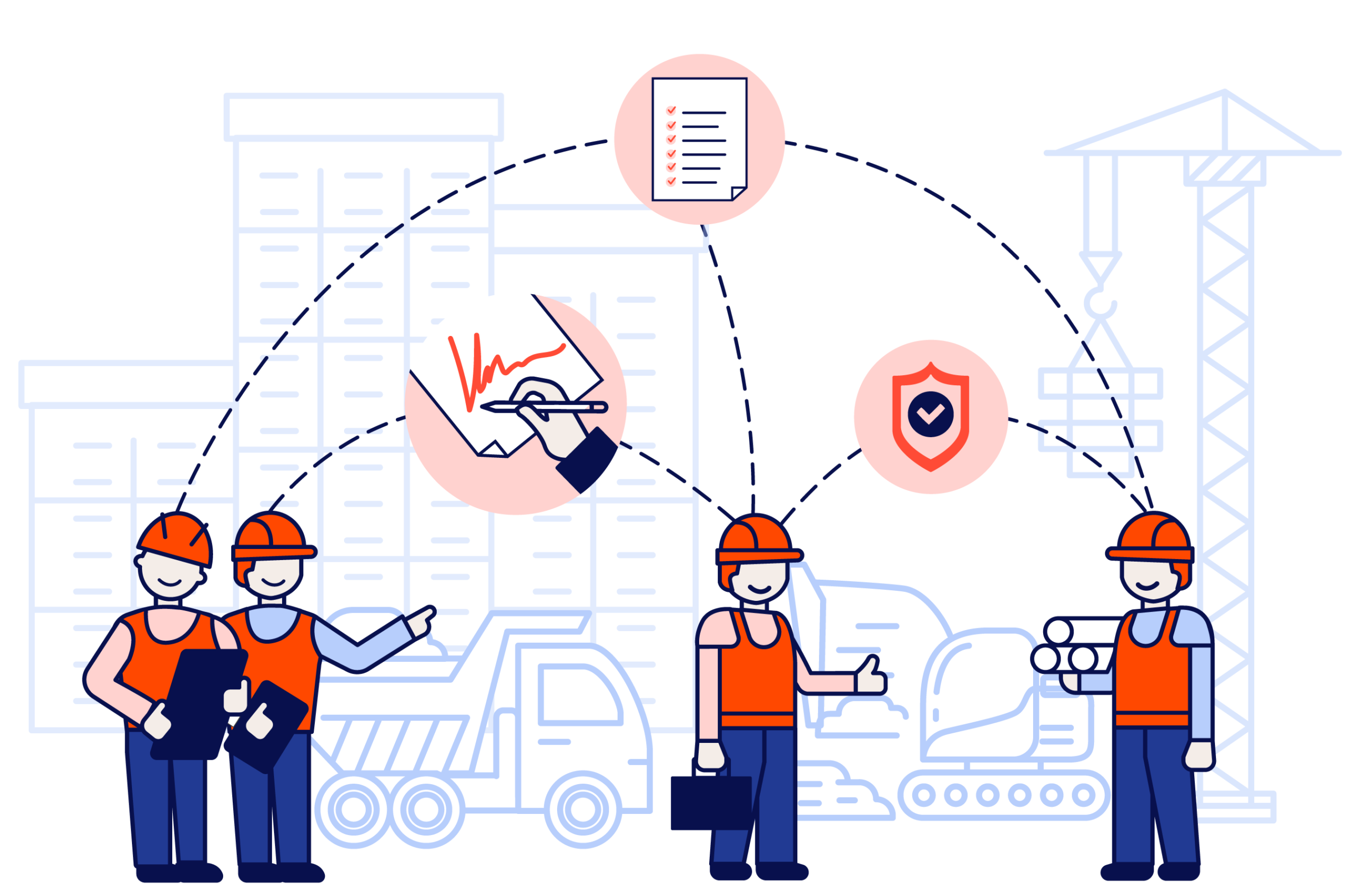
À quelles obligations RH et réglementaires les sociétés sont-elles tenues ?
Il convient de rappeler le contexte RH et réglementaire lié au plan de prévention des risques professionnels.
Le plan de prévention est destiné à toutes entreprises extérieures qui interviennent dans l’environnement d’un donneur d’ordre (appelé aussi Entreprise Utilisatrice) en France. L’objectif est comme son nom l’indique de prévoir les risques professionnels et donc de les éviter.
Un plan de prévention des risques de co-activité devient obligatoire à partir du moment où les travaux qui sont effectués dépassent les 400 heures par an. Autre cas possible si les travaux figurent dans la liste des travaux dit dangereux selon les termes de l'arrêté du 19 mars 1993.
Un protocole très strict est prévu pour être conforme à loi. A titre d’exemple le plan doit être signé et validé par toutes les parties prenantes avant le début de l’intervention puis adressé aux intervenants des entreprises concernées.
Concrètement un plan de prévention c’est quoi ?
Concrètement l’objectif initial est de protéger les salariés des entreprises à l’origine de la demande d’intervention ainsi que les intervenants des entreprises extérieures qui réalisent le travail.
Un certain nombre d’informations doivent figurer sur le plan de prévention afin qu’il soit parfaitement conforme, c’est à ce moment précis qu’avoir un logiciel de plan de prévention prend tout son sens !
Vous trouverez ci-dessous quelques exemples qui doivent absolument être pris en compte lors de l’établissement de votre plan de prévention des risques, qu’il soit établi sous format papier ou à l’aide d’un logiciel spécialisé.
Une description précise des éléments dits « dangereux » ainsi qu’une liste précise détaillant les moyens de prévention mis en place correspondants.
Une description des adaptations prévues par l’entreprise en fonction des risques et des niveaux de risque. Quelles sont les adaptations prévues par les entreprises en terme de mise à disposition de matériel, de gestion du matériel, d’entretien du matériel, les installations et mesures spécifiques…
Tout cela est ensuite partagé et formalisé lors d’une inspection commune préalable.
Pour certaines interventions spécifiques, par exemple les opérations de chargement/déchargement de produits ou marchandises, il existe des documents d’encadrement des risques et mesures adaptés, comme le protocole de sécurité.
Pourquoi notre logiciel spécialisé dans l’établissement de plan de prévention est la solution optimale ?
Premièrement nous sommes spécialisés dans cette obligation RH que sont les plans de prévention des risques de co-activité. Ce qui fait de la solution trepied.co un acteur de confiance qui connait l’ensemble des exigences réglementaires et ultra spécialisé dans ce domaine de gestion des risques. Rien de plus important, car si un accident survient alors que votre plan de prévention est mal ficelé, c’est le début des complications juridiques mais aussi la perte de confiance et de notoriété de votre entreprise et ses partenaires impliqués.
Notre application, vous fera aussi gagner un temps précieux. En dématérialisant votre plan de prévention vous gagnerez du temps lors de sa rédaction mais pas seulement. Terminé les longues listes de diffusion de mail, les relances de demande de documents et signatures, les oublis… Chaque personne de votre entreprise pourra avoir accès à l’application de prévention des risques professionnels.
Avoir un logiciel pour gérer vos risques permettra aussi de suivre les informations qui sont diffusées aux salariés en interne mais aussi aux salariés de l’entreprise effectuant les interventions.
